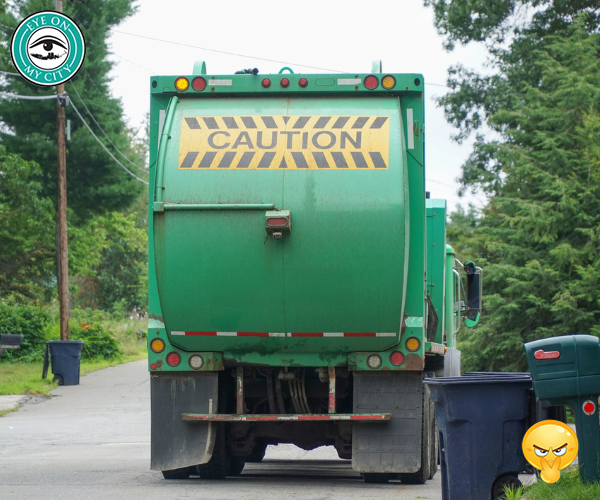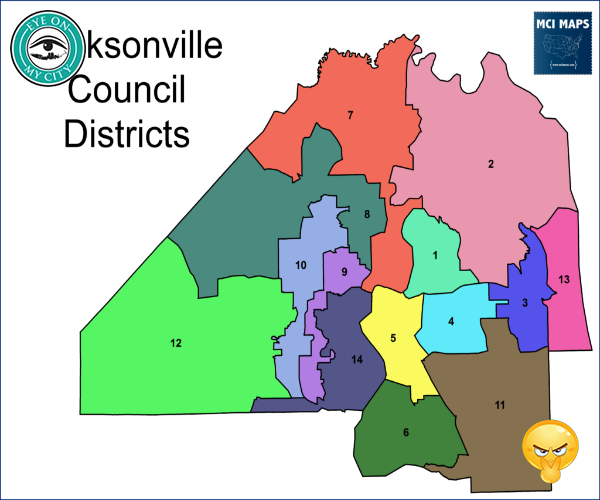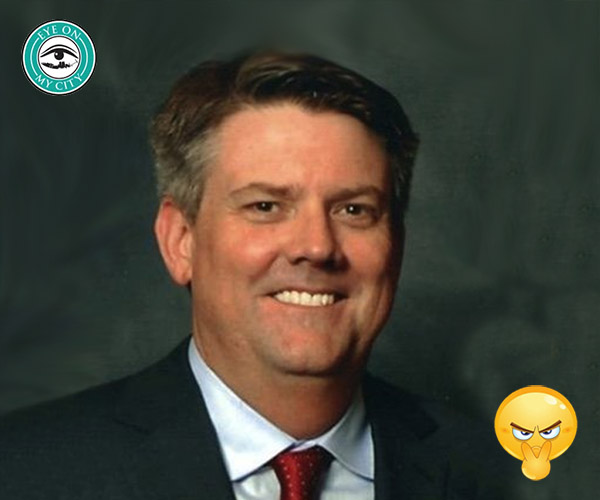There is no particular reason to rush the proposed mega-development proposed by Jaguars owner Shad Khan through the City Council. Letting it rest over the holidays might give council members more time to reflect upon the details.
It’s an important step.
The $466 million proposal as it stands would call for the taxpayers to put $233 million at risk — and apparently lose money on the deal.
The council auditor made that disturbing assessment and that report should result in reconsideration of the proposal.
Council Member Matt Carlucci would go further. He and Council Member Randy DeFoor introduced a bill to have a third-party evaluation of the proposal done.
At a cost of only $26,500 that seems like a bargain.
Although it is not on a fast-track, the proposal for development of what is called Lot J – a large parking lot near the football stadium — has a lot of impetus and apparently considerable support on the council. It will require approval by two-thirds of the council.
The development would include a live entertainment venue, a hotel, residential spaces and parking garages.
The city would own the entertainment venue and garages but would derive little revenue from them.
It appears the taxpayers would put up much of the up-front money and carry much of the risk.
Surely Mayor Lenny Curry can negotiate a better deal with Khan.
City Hall sources say Curry’s aide Brian Hughes negotiated the Lot J deal – the same person who was heavily involved in the JEA fiasco.
The auditor’s report raised questions that council members should want answered.
Council President Tommy Hazouri told Eye on Jacksonville that the council will do its due diligence and no action will be taken until “every question has been answered.”
He also said he thought there should be stronger provisions (called “clawbacks”) to protect the taxpayers in any contract that is adopted.
They were given a glitzy presentation of the development and, indeed, it looks inviting.
It would be even more inviting if the private, for-profit developers would sink their own money into it and the city could reap property taxes and sales tax revenues as a result, without putting huge sums of money at risk.










